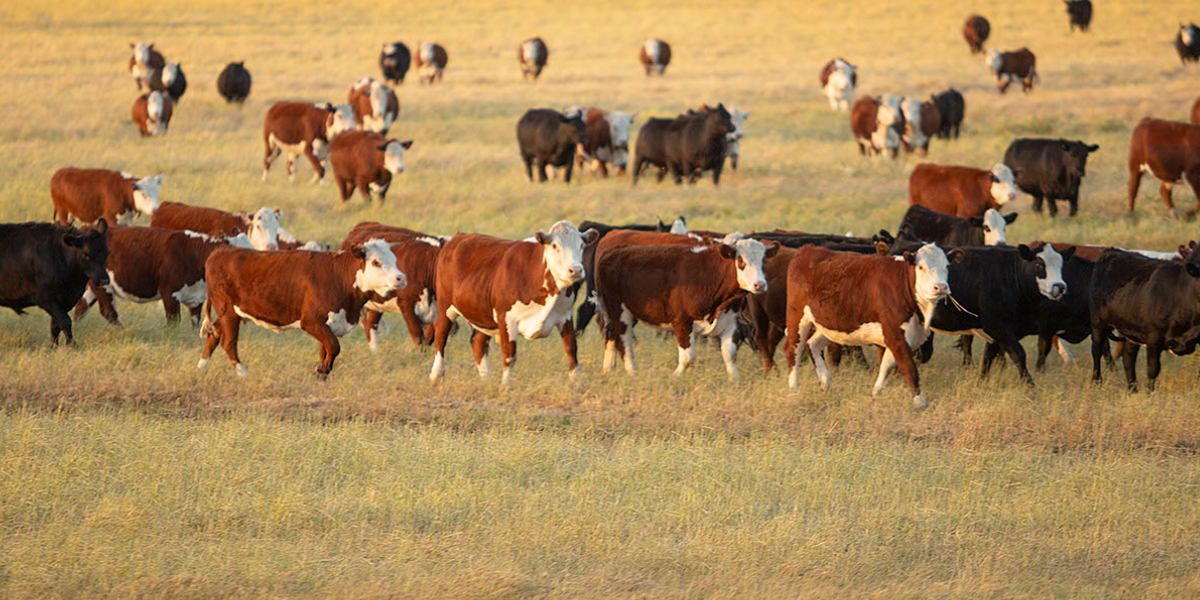During his visit to the New England yesterday Minister for Climate Change and Energy Chris Bowen announced the Albanese Government is funding three research projects to help Australian farmers reduce methane emissions from livestock.
The innovative projects, one of which will be conducted at UNE, will receive between $1 million and $3 million each under Stage 3 Round 1 of the government’s $29 million Methane Emissions Reduction in Livestock (MERiL) program. The funding will enable them to conduct trials on the effectiveness of technologies to deliver methane-reducing feed supplements to grazing livestock – from feeding supplements to pregnant cows to cut the methane production of their offspring to using automated in-paddock feeders.
Research has shown that some feed supplements can reduce methane emissions from livestock by more than 80 percent under ideal conditions. Mr Bowen said support for technologies to lower emissions in livestock was crucial to achieving Australia’s emissions reduction targets.
“Overcoming barriers to uptake new technologies in our grazing systems will deliver significant abatement in the livestock industry,” Minister Bowen said.
Minister for Agriculture, Fisheries and Forestry Murray Watt said the government was strongly committed to helping Australia’s agriculture sector to reduce emissions, build value and remain internationally competitive.
“We are backing new technologies to help farmers tackle the emissions challenge and respond to increasing global interest in sustainable agricultural production,” Minister Watt said.
The 3 new MERiL grants are:
- $2,932,438 for Graincorp to undertake large-scale dairy and beef livestock grazing trials to demonstrate the use of the seaweed Asparagopsis as a low-emission feed supplement, in partnership with FutureFeed, the University of Queensland and Agriculture Victoria Services.
- $1,075,601 for University of Adelaide to investigate feeding seaweed supplements to pregnant cows and its long-term effect on methane production in their progeny, in partnership with CH4 South Australia; Australian Sustainable Seaweed Alliance; Mackillop Farm Management Group; Barossa Improved Grazing Group; SA Livestock Consultants; the Department of Primary Industries and Regions, South Australia; Regional Development Australia Barossa Gawler Light Adelaide Plains; Charles Sturt University; and Agripartner Consulting.
- $1,954,690 for University of New England to evaluate 2 automated feeders for methane-reducing supplements – Asparagopsis, Bovaer and Agolin – to sheep, in partnership with the Department of Primary Industries and Regions, South Australia; the University of Western Australia; Feedworks; and Australian Wool Innovation.
The MERiL Program supports research, development and deployment of methane-reducing livestock feed technologies.
Stage 3 of the MERiL program will provide $15 million for trials to validate supplement delivery technologies and demonstrate the emissions reduction and productivity impacts.
A second funding round under Stage 3 will be launched in early 2024.
Got something you want to say about this story? Have your say on our opinion and comment hub, New England Times Engage


